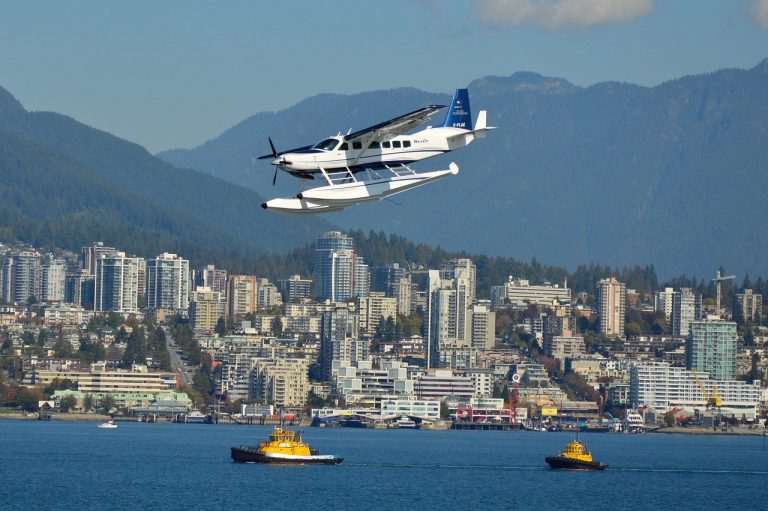Dr. Brian Hunt will receive a grant of $255,000 through the NSERC Discovery Grant program for work on the impacts of urbanization on coastal oceans, specifically regarding ocean cities.

Dr. Brian Hunt
“This project is about how the urban environment interacts with oceans, changes their character, and impacts their health,” said Dr. Hunt. “There’s a lot of discussion about green cities and taking care of the environment above water, but what about the environment below the ocean surface? Most of the world’s population lives near the coast, and here [in Vancouver] urban centres directly interact with the ocean and the life it sustains. Urbanization is only increasing and there is a real need to better understand the impacts that we have on coastal oceans and how we can address them. Why not work towards a blue city concept, where we strive for healthy coastal oceans?”
The effects of urban centres on the coastal ocean are wide-ranging. There has been, and continues to be, a big focus on wastewater and pollution management, and how shoreline modification will affect resilience to sea level rise. However, there are still major knowledge gaps to be addressed. Using Vancouver as a case study, Dr. Hunt’s project aims to bring focus to three key aspects of the urban ocean environment that have received far less attention – the effect of stormwater outflow and the material it transports on marine systems, how urban-derived organic matter (including wastewater) is taken up by the marine food web and its effect on animal health, and how urbanization shapes biodiversity and the way animals use the coastal ocean.

Image by Wolfgang Zenz from Pixabay
Dr. Hunt hopes this project can contribute to an improved ecosystem-based understanding of urban effects on ocean health, and in this way, support the success of existing initiatives in the city. Dr. Hunt’s long-term goal is to advance the idea of a blue city, where there is a healthy marine ecosystem that allows everyone to use its resources safely and sustainably all while providing opportunities for up-and-coming young scientists to conduct research that affects change.
The grant program will support ongoing research with creative and innovative long-term goals and encourage grant winners to spur the inclusion and advancement of underrepresented groups in the natural sciences. These Discovery Grants are awarded in five-year stretches and are meant as a supplement to other avenues of funding.
Tags: biodiversity, Brian Hunt, coastline, Discovery Grants, ecosystems, faculty, food webs, herring, NSERC, Pelagic Ecosystems Lab, plankton, pollution, Research, salmon, urbanization, wastewater